
It’s normal to assume that familiar habits are safe bets for health. You see them recommended, you try them, and they become part of your routine. The catch is that many don’t actually move you closer to feeling better. They can instead slow progress without you noticing. Here are 20 such habits worth rethinking.
Excessive Juice Cleanses

Whole fruits give sweetness along with fiber that keeps digestion steady, but juice removes that balance. What’s left is sugar that hits fast, causing spikes instead of lasting energy. Moreover, many juices, despite the “healthy” label, contain sugar levels nearly identical to soda.
Overhydrating With Water

Dehydration usually gets the spotlight, yet overhydration can be just as harmful. Excess water flushes sodium to dangerously low levels. While everyday thirst is a reliable signal, athletes sometimes push past it. Marathon runners, in fact, are more likely to suffer from overhydration than from falling short.
Relying On Vitamin Supplements Instead Of Food
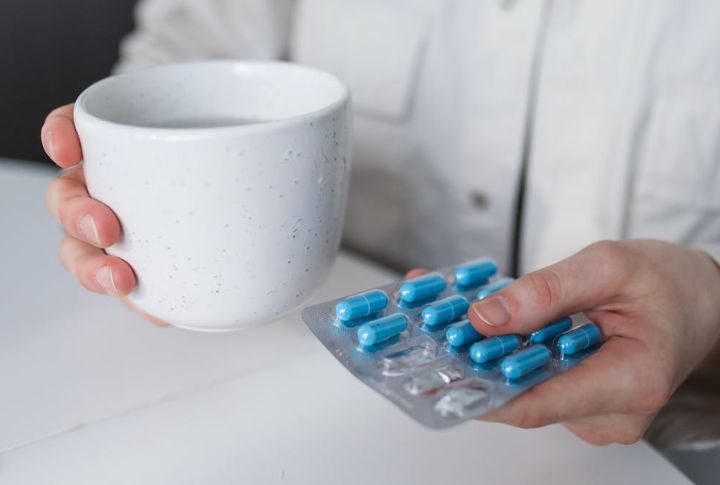
Consider the difference between a meal and a pill. Meals provide nutrients in natural balance; pills often overpromise. High doses, such as too much vitamin A, have been linked to toxicity and liver harm. More surprisingly, some vitamins only function properly when consumed with fat from food.
Eating Low-Fat Everything

Your body actually depends on healthy fats to keep hormones balanced and the brain sharp, and healthy fats, like those found in nuts and avocados, even improve cholesterol. On the other hand, foods marketed as “low-fat” often swap nutrition for extra sugar. For example, certain low-fat yogurts hold more sugar than a serving of ice cream.
Using Detox Teas

Detox teas promise renewal and energy. In reality, their main effect is laxative-driven. That leaves the body dehydrated instead of cleansed. The liver and kidneys already handle detox naturally and continuously. Long-term tea use can deplete nutrients, showing why shortcuts rarely create genuine health benefits.
Drinking Diet Sodas

Calorie-free sodas sound appealing, especially for weight control. The truth is more complex. Sweeteners inside them shift gut bacteria and fuel cravings for sugary foods. Because they are many times sweeter than sugar, they reset taste expectations. Regular drinkers frequently experience weight gain despite the “diet” label.
Obsessive Calorie Counting
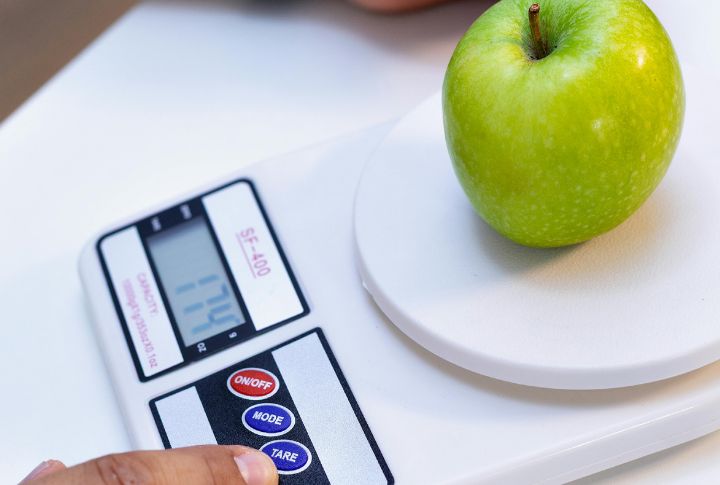
Numbers can create control, but when eating becomes a math exercise, quality gets lost. Focusing only on calories overlooks nutrition, as 100 from soda doesn’t equal 100 from broccoli. Over time, this rigid approach can slip into disordered eating. Ironically, calorie-dense foods like nuts still support weight control when eaten mindfully.
Excessive Cardio Workouts

After an intense cardio streak, you may feel exhausted instead of energized. That’s the effect of rising cortisol and lowered immunity. Muscles usually shrink rather than grow. Strength training provides steadier metabolic gains, while excessive cardio can surprisingly make fat loss harder than it should be.
Sleeping Too Much On Weekends

When you hit snooze for hours on a Saturday, the effect feels comforting at first. Your circadian rhythm, however, gets disrupted. This habit is linked to fatigue and even depression. What happens next is surprising: headaches, back pain, and nights of lighter, less satisfying rest.
Overusing Antibacterial Soap

When you overuse antibacterial soap, protection actually declines. Friendly bacteria disappear, immunity falters, and links to antibiotic resistance grow stronger. Plain soap and water are equally effective for handwashing. The U.S. Food and Drug Administration has even banned specific antibacterial ingredients. That signals their potential danger when used too freely.
Drinking Too Many Protein Shakes

Shakes are convenient, especially for busy schedules. Still, protein consumed in large amounts burdens the kidneys and offers no extra benefit for muscle building. Most commercial powders add sweeteners or fillers. Daily meals typically supply adequate protein, with any excess redirected into fat storage instead of strength.
Eating Only Salads

Salads give the impression of complete nourishment, though they fall short when used as the sole meal. Missing proteins and fats lead to imbalances and fatigue. Adding oils can boost nutrient absorption, but still watery lettuces like iceberg contribute little value beyond crunch and hydration.
Taking Too Many Multivitamins
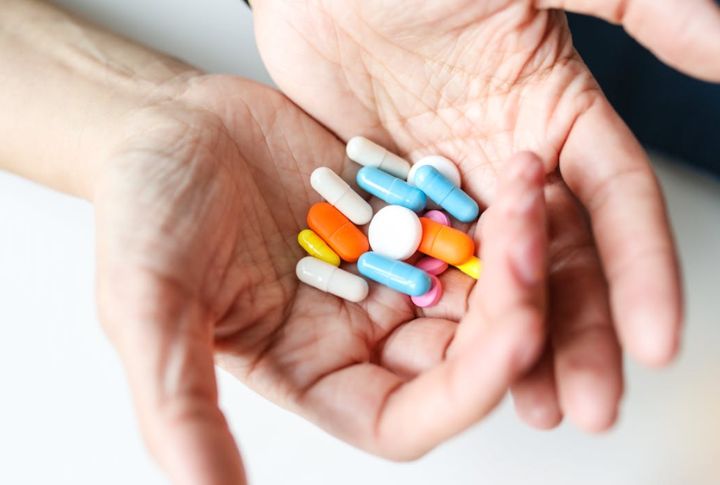
Supplements may look harmless, yet stacking them can be risky. Vitamin overload is real, especially for people already eating balanced meals, where doubling up often happens. Too much vitamin C, for example, has been linked to kidney stones and other health complications.
Using Sports Drinks For Daily Hydration

Sports drinks were designed for athletes in intense training, not for casual sipping. Loaded with sugar and unnecessary electrolytes, they mirror candy bars in sweetness. Coconut water, in contrast, offers a more natural balance. For most people, plain water remains the simplest and safest hydration choice every day.
Eating Gluten-Free Without A Medical Need

You may assume gluten-free equals healthier. For most, it doesn’t. Since only 1% of people have celiac disease, the swap usually isn’t necessary. Many replacements include sugar and fat, which cuts nutrient quality. Over time, eating this way without balance can leave you deficient in key vitamins.
Over-Snacking On “Healthy” Bars
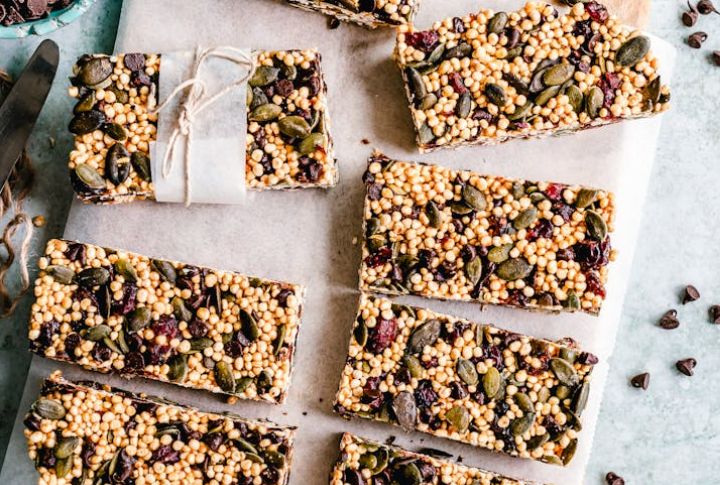
Snacking on bars throughout the week is not sensible, even though the nutrition facts suggest otherwise. Excess sugar and calories spark crashes instead of steady fuel. Some bars surpass candy in sweetness. Their marketing as “meal replacements” exaggerates the reality of their benefits.
Using Coconut Oil Excessively
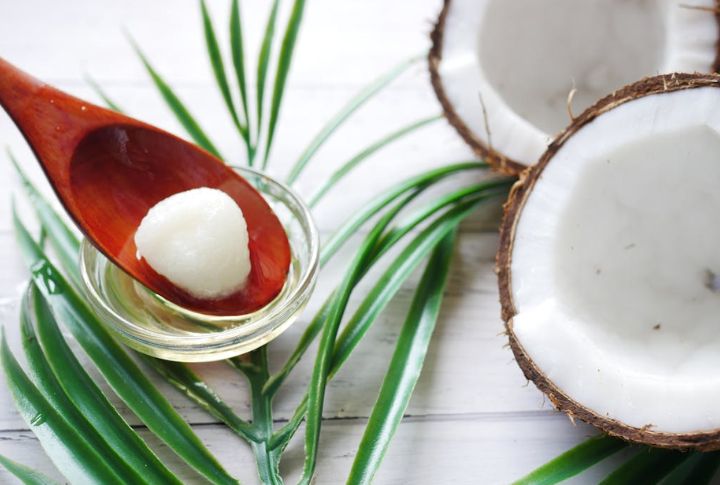
Saturated fat dominates coconut oil, which increases LDL cholesterol under heavy use. Lacking essential fatty acids, it falls short compared to healthier oils. Olive oil, in contrast, carries decades of research supporting cardiovascular benefits. It’s a more dependable option than coconut oil for everyday cooking.
Drinking Green Tea All Day

Each cup of green tea provides antioxidants, alongside 30–50 mg of caffeine. One serving is harmless, but when repeated throughout the day, it backfires. Overconsumption disrupts sleep and blocks iron absorption. In rare cases, very high intake has been linked to liver stress.
Constantly Wearing Fitness Trackers
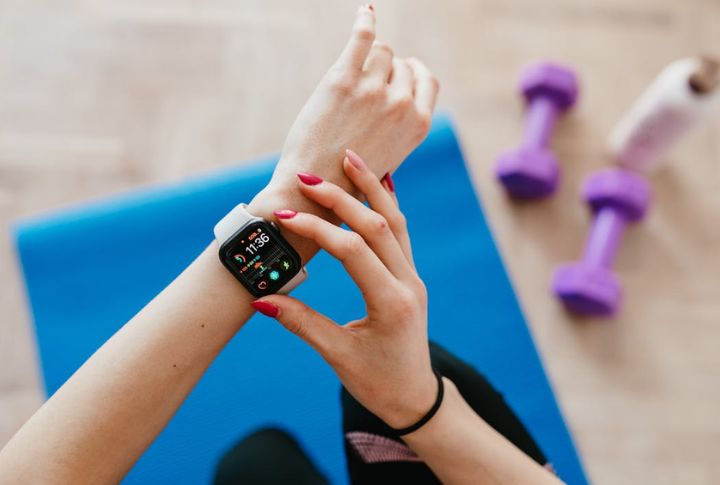
A 2016 study reported in “The Lancet Diabetes & Endocrinology” revealed a surprising outcome: fitness trackers sometimes reduce motivation. Devices that provide step counts and calorie estimates often mislead, as many exaggerate energy use. For some, the constant presence encourages anxiety rather than building healthier routines.
Choosing Diet Foods With “Sugar-Free” Labels
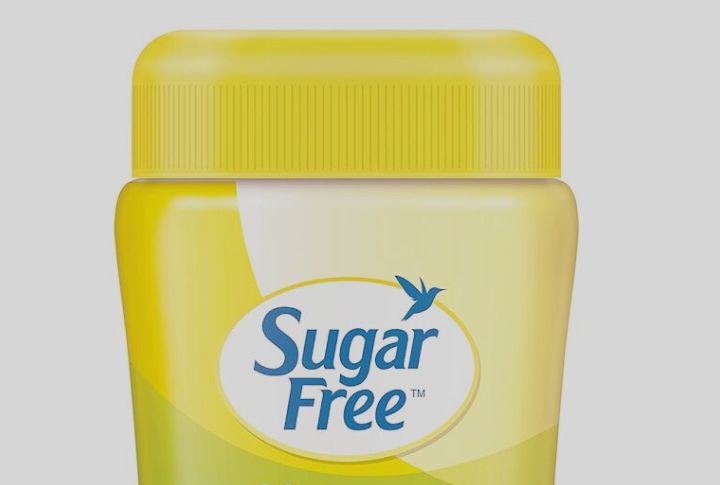
Seeing “sugar-free” on packaging makes it feel like the smarter choice. But artificial sweeteners inside can make you crave more instead of less, and in some cases, they irritate your stomach. Calories aren’t always reduced either, so you gain less health value than the label suggests.

